BAC GIANG - Currently, in ethnic minority and mountainous areas in the province, many people still lack residential land, land for production, and their lives are very difficult. To solve this problem, the 2024 Land Law has stipulated a policy of first-time land support for individuals who are ethnic minorities and are poor and near-poor households in ethnic minority and mountainous areas. Currently, the province's professional sectors and localities have focused on reviewing, identifying, and classifying beneficiaries to bring the policy into life.
Poverty due to lack of land
The family of Vi Van Gioi (born in 1993), a Tay ethnic group in Cha village, Phong Van commune (Luc Ngan), is one of the households with difficulties in terms of residential land. The whole family only has about 30 square meters of residential land and no land for production. Lacking land for cultivation, the couple had to find work for hire but still could not escape poverty. At the end of 2024, Mr. Gioi discovered that he had severe kidney failure and regularly had to undergo dialysis at the district medical center. The difficulties piled up, making his family's life even more miserable.
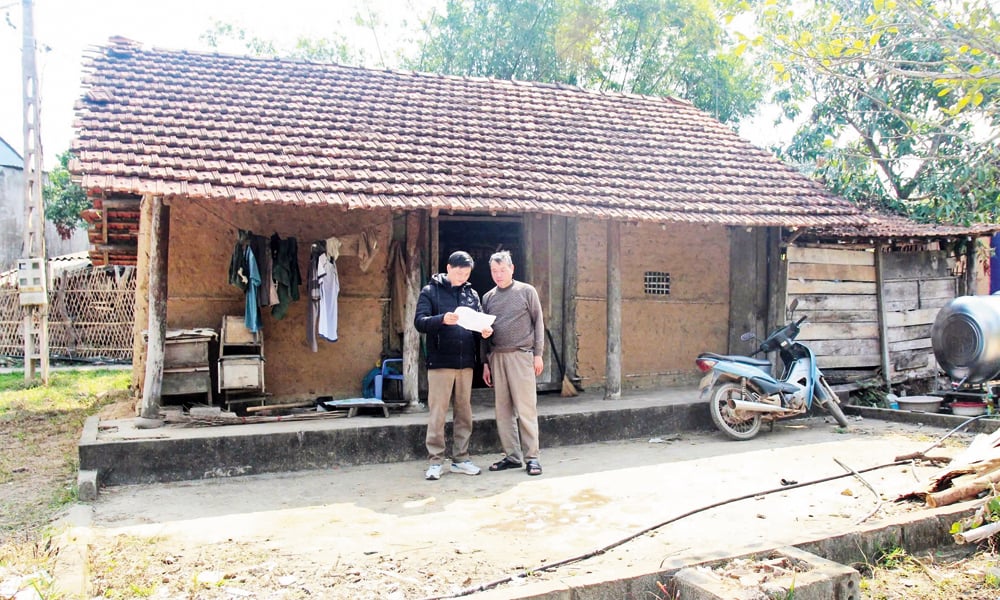 |
Mr. Hoang Van Ha's family, a Tay ethnic group in Bien village, An Lac commune (Son Dong), lacks residential land. The house the family is living in is built on garden land. |
It is known that Phong Van commune has more than ten households lacking production land. Currently, the commune's public land fund is no longer available, and resolving the lack of production land for households is beyond the local authority, so the commune has reported and requested superiors to pay attention to support to help people ease difficulties and soon stabilize their lives.
The situation of ethnic minority and mountainous people lacking residential or productive land is also happening in many other localities in the province. In Bien village, An Lac commune (Son Dong), there is the case of Mr. Hoang Van Ha, a Tay ethnic. Mr. Ha is living with his son in an old house built on land for perennial crops that has seriously degraded. Because it is not residential land, the locality has not been able to put his family on the list of support for the removal of temporary houses.
| According to the 2024 Land Law, the whole province has 9.3 thousand ethnic minorities eligible for land support policies; of which the most are in Son Dong district with more than 6.5 thousand people, Luc Nam with more than 1 thousand people, the rest are in the districts: Lang Giang, Yen The, Luc Ngan. |
Through the review of the authorities, the whole province has more than 9,300 ethnic minorities belonging to poor and near-poor households lacking residential land and production land who are eligible for land support. The largest number is in Son Dong district with more than 6,500 people, Luc Nam with more than 1,000 people, the rest are in Lang Giang, Yen The, Luc Ngan districts. The reason for this situation is that the ethnic minority area has complex terrain, many high mountains, and is divided by rivers and streams, so the land fund for residential land and agricultural production land is limited.
The land in mountainous areas is full of gravel and rocks; transportation is difficult and unfavorable for production and trade. These are the reasons why the rate of poor and near-poor households in ethnic minority and mountainous areas is always higher than the average of the whole province. By the end of 2024, the rate of poor households in 28 extremely disadvantaged communes in the province is 9.25%, higher than the rate of poor households in the whole province by 7.52%.
Putting policy into practice
In recent times, the Party and the State have had many policies to support ethnic minorities and mountainous areas. Due to the lack of surplus land, localities have mainly applied support forms such as: Organizing free vocational training, supporting money to buy tools and machinery for production (lawn mowers, plows, etc.), providing preferential loans, etc. However, the above forms have not solved the root of the difficulties for the people. The 2024 Land Law stipulates land support policies for individuals in ethnic minority areas who are poor and near-poor households lacking residential land and production land and are exempted from or have reduced land use fees and land rents according to regulations.
The newly issued policy has removed the bottleneck of lack of residential land and production land for people in ethnic minority areas. However, the biggest difficulty now is that the land fund to solve the housing problem for people is limited. According to Mr. Le Duc Thang, Vice Chairman of Son Dong District People's Committee, most of the local land has been assigned to people and forestry units for management and use, so it is very difficult to reclaim to create new land funds. The district proposed that the province prioritize the conversion of residential land use purpose for people who already have houses built on other land areas (such as agricultural land, garden land, beach land, etc.) to residential land.
The representative of the Land Management Department (Department of Agriculture and Environment) said that, compared with the provisions of the Land Law, among the subjects eligible for land support, there are nearly 8,800 cases of people who have houses on land but it is not residential land with an area of about 87 hectares. These cases wish to be recognized or change the purpose to residential land, so there is no need to arrange new land funds. This option is considered optimal because people can legalize their land right at the place where they live, while reducing costs from the state budget. In addition, statistics show that the whole province has 560 cases without residential land.
The maximum land fund needed to support these cases is 6.7 hectares. There are also more than 500 cases without production land and more than 8.7 thousand cases with agricultural land but less than 50% of the land allocation limit for policy beneficiaries. These cases will be considered and resolved in turn according to regulations, conditions, and actual land funds in the locality.
The concretization of the support policy on residential land and production land clearly demonstrates the special attention of the Party and State to ethnic minorities and mountainous areas. In order for the policy to soon come into life, people hope that the review work will be carried out by the functional agencies and local authorities of the province in a public, transparent, strict, and appropriate manner, ensuring compliance with legal regulations.
Source: https://baobacgiang.vn/thuc-hien-hieu-qua-chinh-sach-ho-tro-dat-dai-doi-voi-dong-bao-dan-toc-thieu-so-postid420827.bbg



![[Photo] Celebration of the 65th Anniversary of the Establishment of Diplomatic Relations between Vietnam and Cuba](https://vphoto.vietnam.vn/thumb/1200x675/vietnam/resource/IMAGE/2025/9/1/0ed159f3f19344e497ab652956b15cca)
![[Photo] Chu Dau Ceramics – Proud of Vietnamese identity at Exhibition A80](https://vphoto.vietnam.vn/thumb/1200x675/vietnam/resource/IMAGE/2025/9/1/c62ab2fc69664657b3f03bea2c59c90e)
![[Photo] National Assembly Chairman Tran Thanh Man receives Cambodian Senate President Hun Sen](https://vphoto.vietnam.vn/thumb/1200x675/vietnam/resource/IMAGE/2025/9/1/7a90c9b1c1484321bbb0fadceef6559b)
![[Photo] People eagerly wait all night for the parade on the morning of September 2](https://vphoto.vietnam.vn/thumb/1200x675/vietnam/resource/IMAGE/2025/9/1/0cf8423e8a4e454094f0bace35c9a392)
![[Photo] Solemn reception to celebrate the 80th anniversary of the National Day of the Socialist Republic of Vietnam](https://vphoto.vietnam.vn/thumb/1200x675/vietnam/resource/IMAGE/2025/9/1/e86d78396477453cbfab255db1e2bdb1)
![[Photo] General Secretary receives heads of political party delegations from countries attending the 80th anniversary of our country's National Day](https://vphoto.vietnam.vn/thumb/1200x675/vietnam/resource/IMAGE/2025/9/1/ad0cb56026294afcae85480562c2e790)
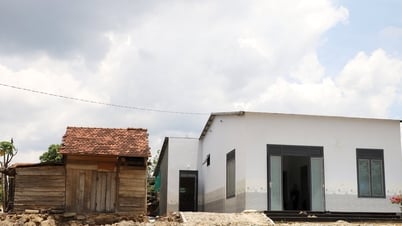

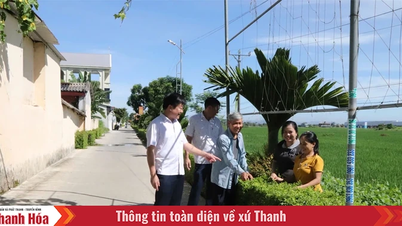





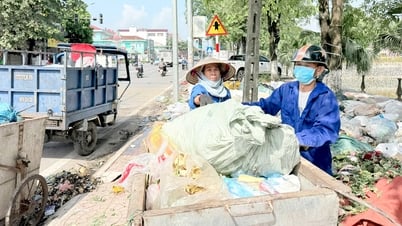





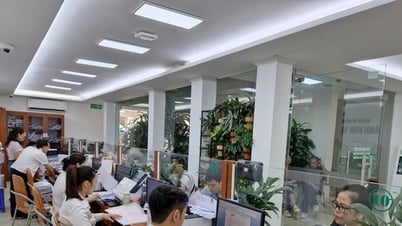

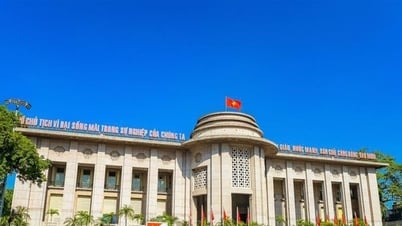








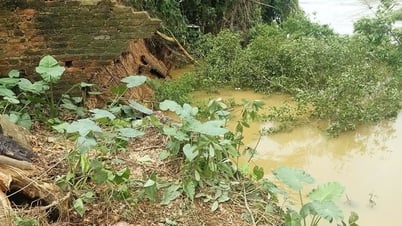
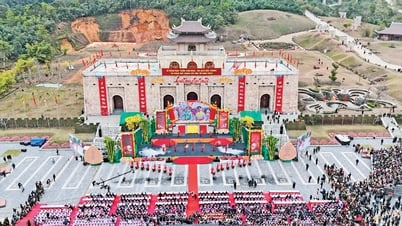
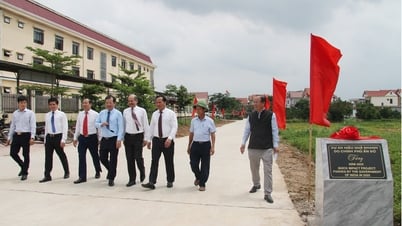


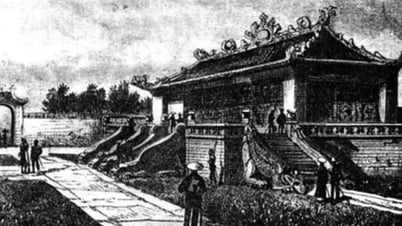

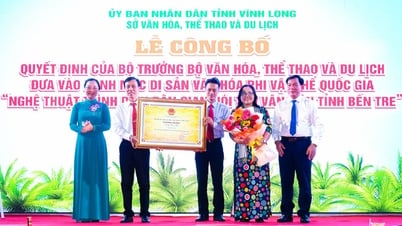



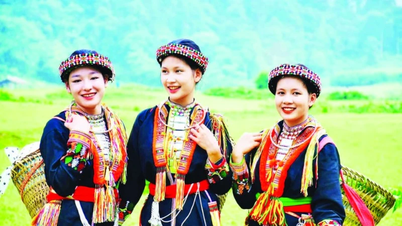






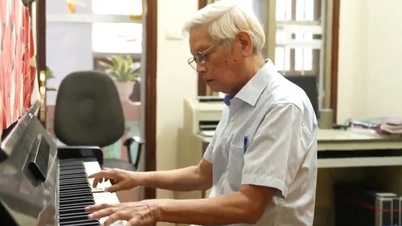
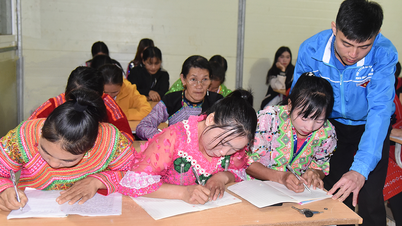


















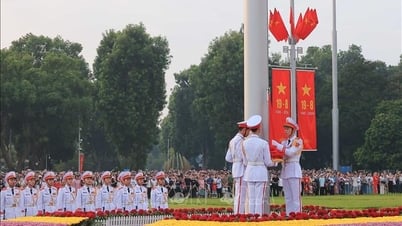

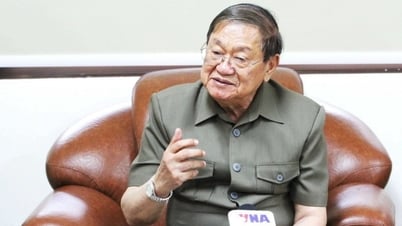



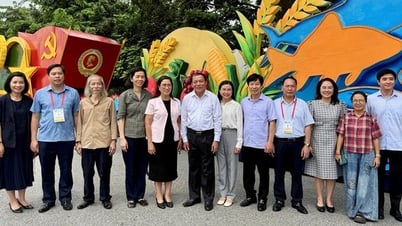











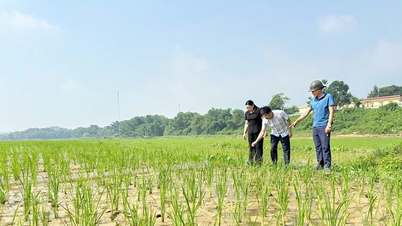

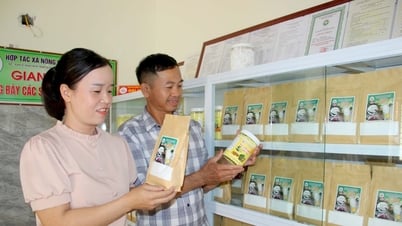





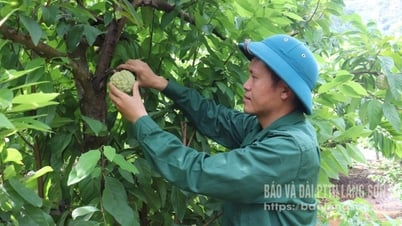



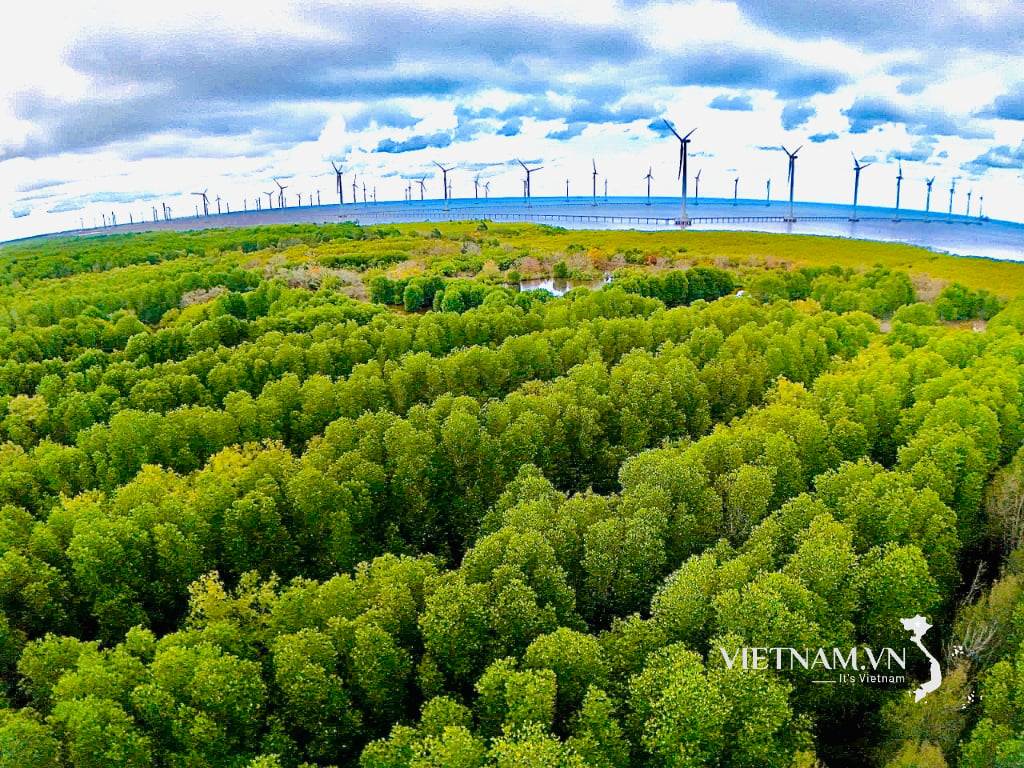
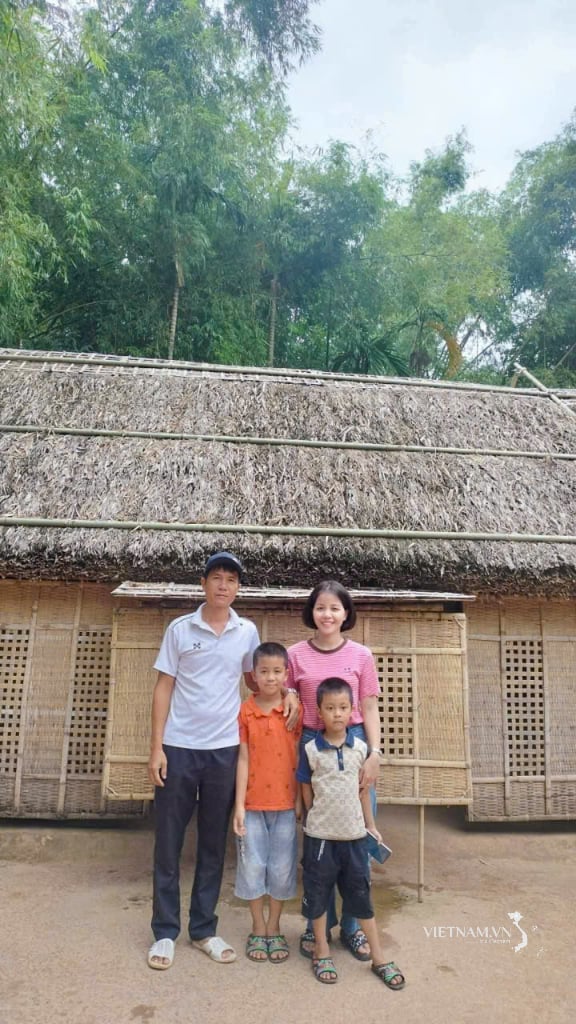

Comment (0)